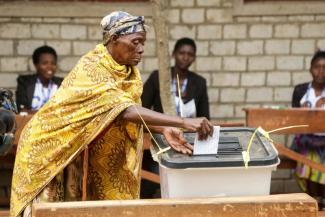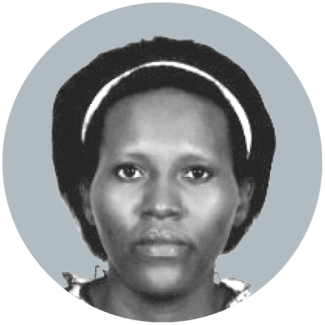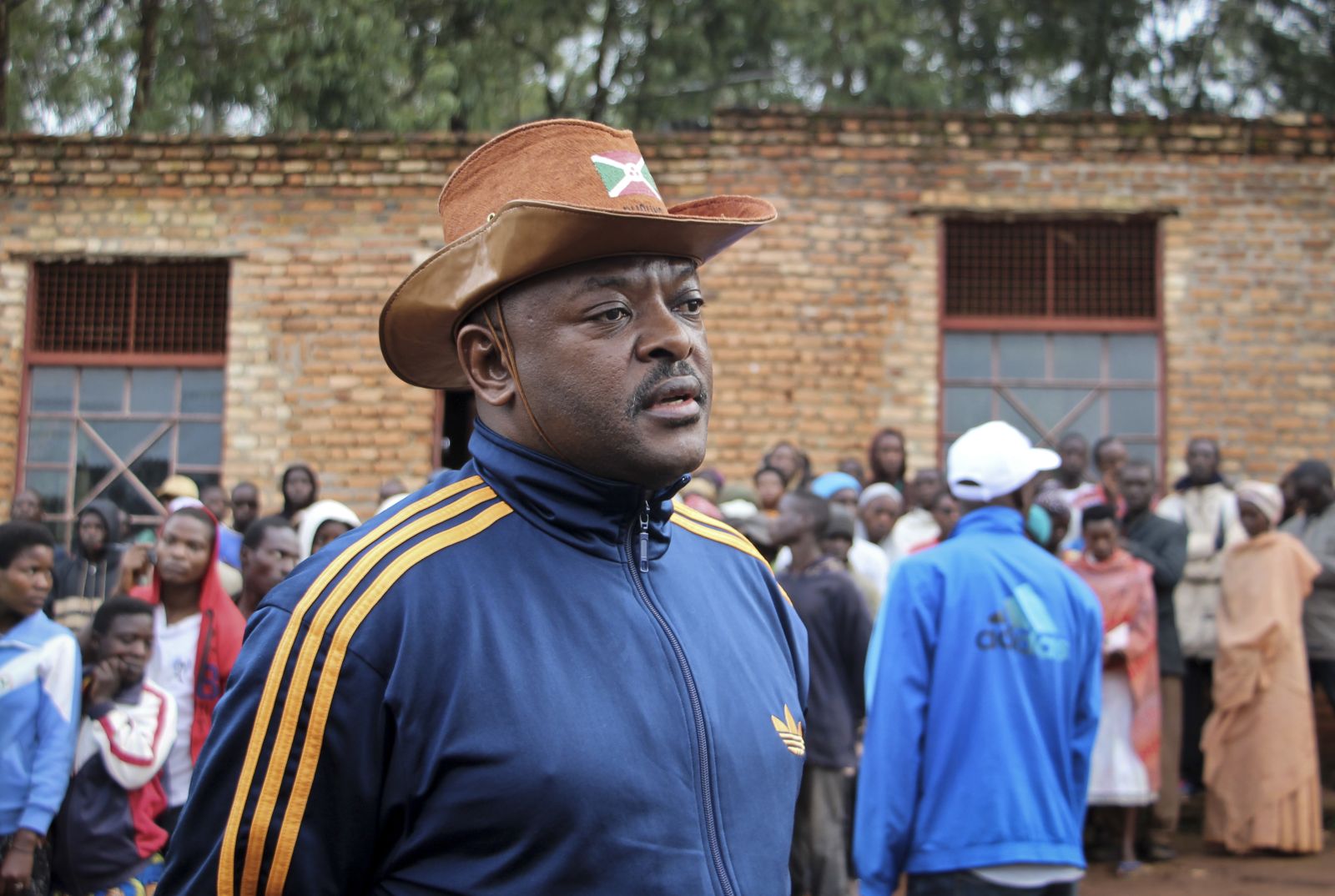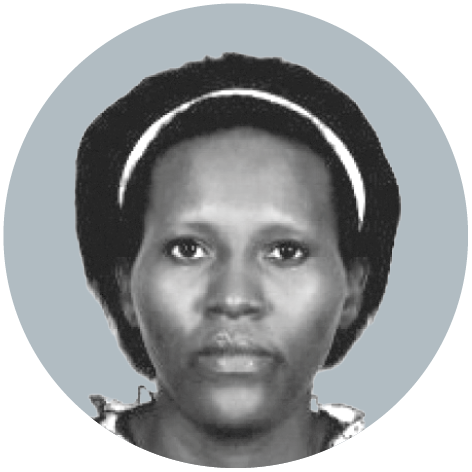Burundi
Opposition bemoans democratic setback

The controversial referendum took place on 17 May. The government has declared that voter turnout was 96 %, of whom 73 % voted “Yes”. Amizero y’Abarundi, the opposition coalition, argues that the referendum was neither free nor transparent nor impartial – and most certainly undemocratic. Its leader, Agathon Rwasa, who also serves as vice president of the National Assembly, speaks of a “fantasised” result and points out several procedural flaws. He has appealed to the CENI, the election commission, to prove its impartiality by declaring the referendum invalid and preparing another one.
Sahwanya Frodebu, an opposition party, similarly raises objections. Léonce Ngendakumana, its vice chairperson, has called the referendum a “setback for democracy in Burundi”, insisting that the fight for democracy will continue. Moreover, Ngendakumana laments the hounding of opposition members who campaigned against the amendment.
Opposition members in exile, who are represented by the CNARED (Conseil National pour le Respect de l’Accord d’Arusha et l’instauration d’un État de Droit), do not only refuse to accept the result. In their eyes, the entire referendum campaign was unacceptable. Jean Minani, the CNARED chairperson, has called it “the funeral rites for the Arusha Agreement of 2000”. That agreement ended the civil war, and its guiding idea was to share power and foster social cohesion. Instead, Minani now sees a dictatorship entrenching its power.
The amendment allows the president to run for further terms. In theory, Nkurunziza might even hold office until 2034. Previously, a head of state’s tenure was limited to two terms of five years. The new limit is seven terms of five years. Nkurunziza had tried to get the constitution amended in 2014, but the National Assembly thwarted his initiative back then. Accordingly, the referendum was now held.
Unsurprisingly, the ruling party CNDD-FDD finds the referendum result most satisfying. After the provisional result was announced, Évariste Ndayishimiye, its secretary general, congratulated Burundi’s people, saying the amendment meant democratic progress. At the same press conference, he stated: “Those who voted against it must understand that they will be ruled by the new constitution once it takes force.” Other parties close to the government, like the Frodebu Nyakuri, for example, and some civil society organisations appreciated both the referendum and its result.
The campaign had started on 12 December 2017, when Nkurunziza committed the nation to the amendment and told people they should not oppose it. The opposition read this statement as the declaration of a red line that anyone campaigning for “No” votes would breach. The president argued that the constitutional amendment would be approved in a referendum as Burundi’s people had demanded in a “national inter-Burundian dialogue”. It was organised by the CNDI (Commission Nationale du Dialogue Inter-burundais), a commission that he himself had established by decree. According to Domitien Ndayizeye, a former president of Burundi, the result was more like a monologue than a dialogue.
The election commission fast submitted the provisional result to the Constitutional Court for approval. It did so in spite of referendum results from countries like Ethiopia, Canada and Britain had not been transmitted yet. Burundians with the right to vote reside in those countries. The election commission stated that their votes are not relevant for the final result. On 31 May, the Constitutional Court dismissed an opposition petition to invalidate the result and approved it as constitutional.
Mireille Kanyange is a journalist and works for Radio Isanganiro in Burundi.
mika.kanyange@gmail.com













